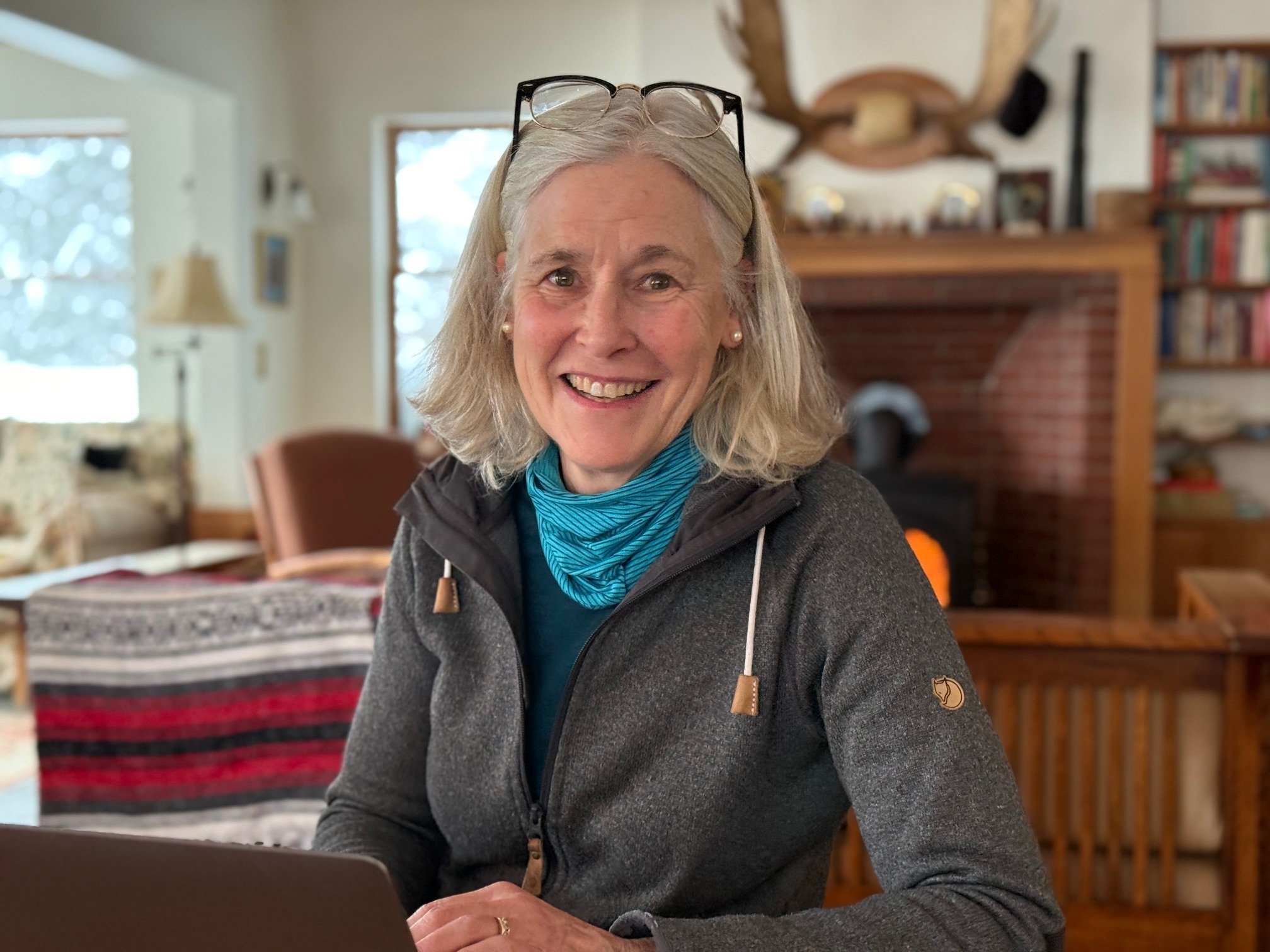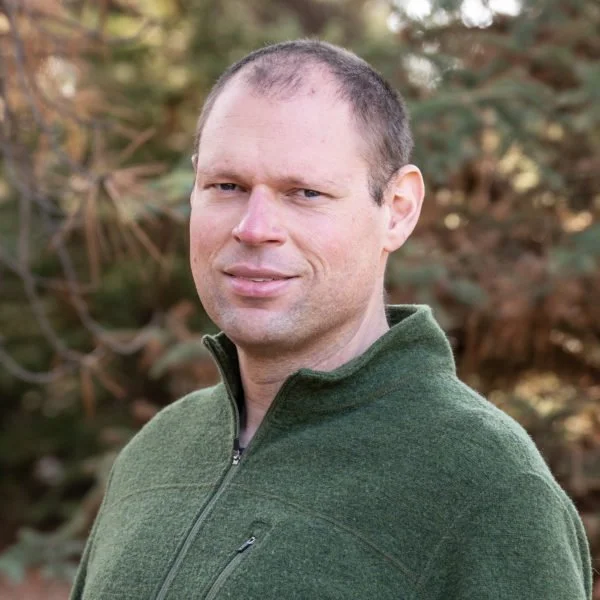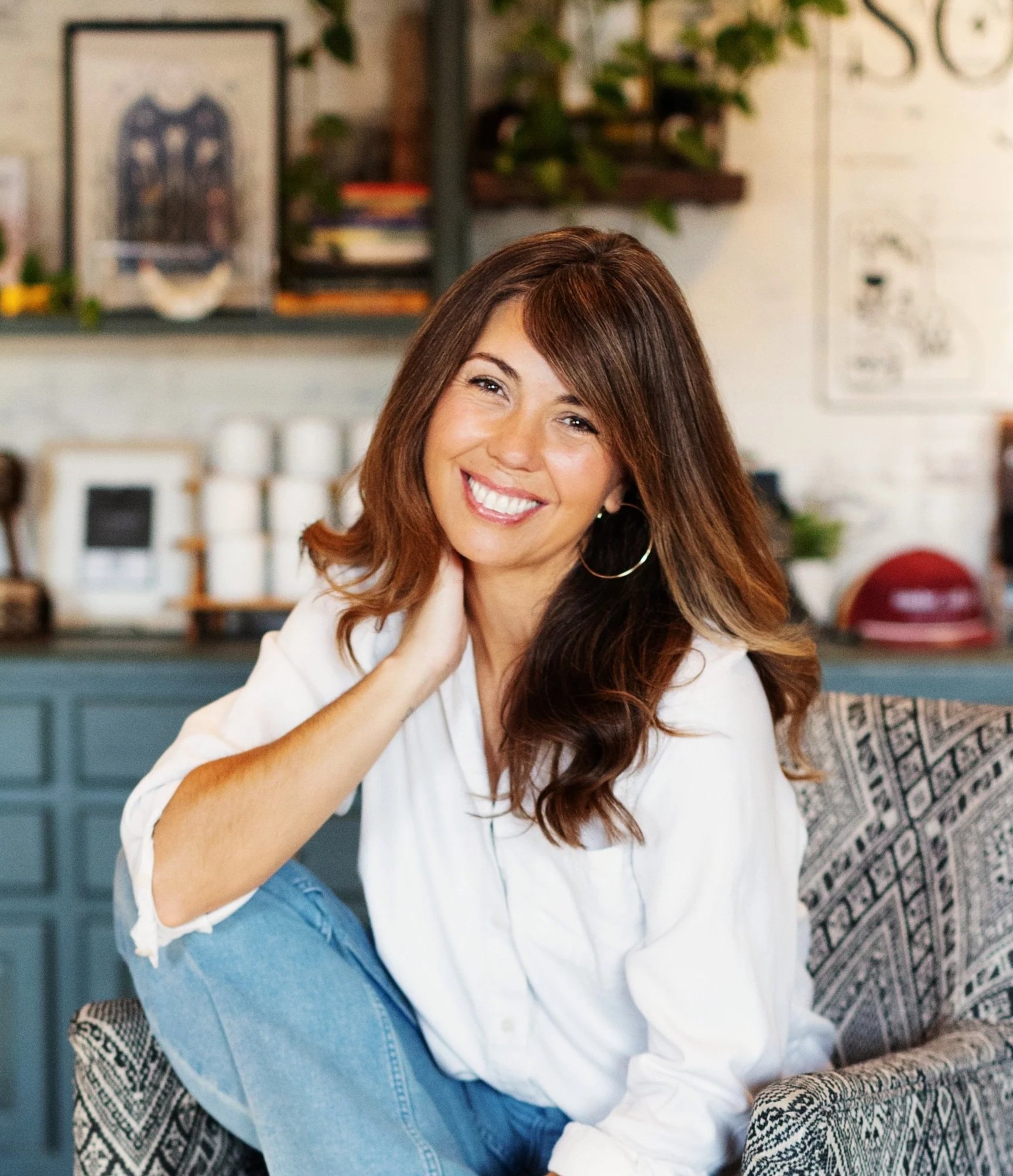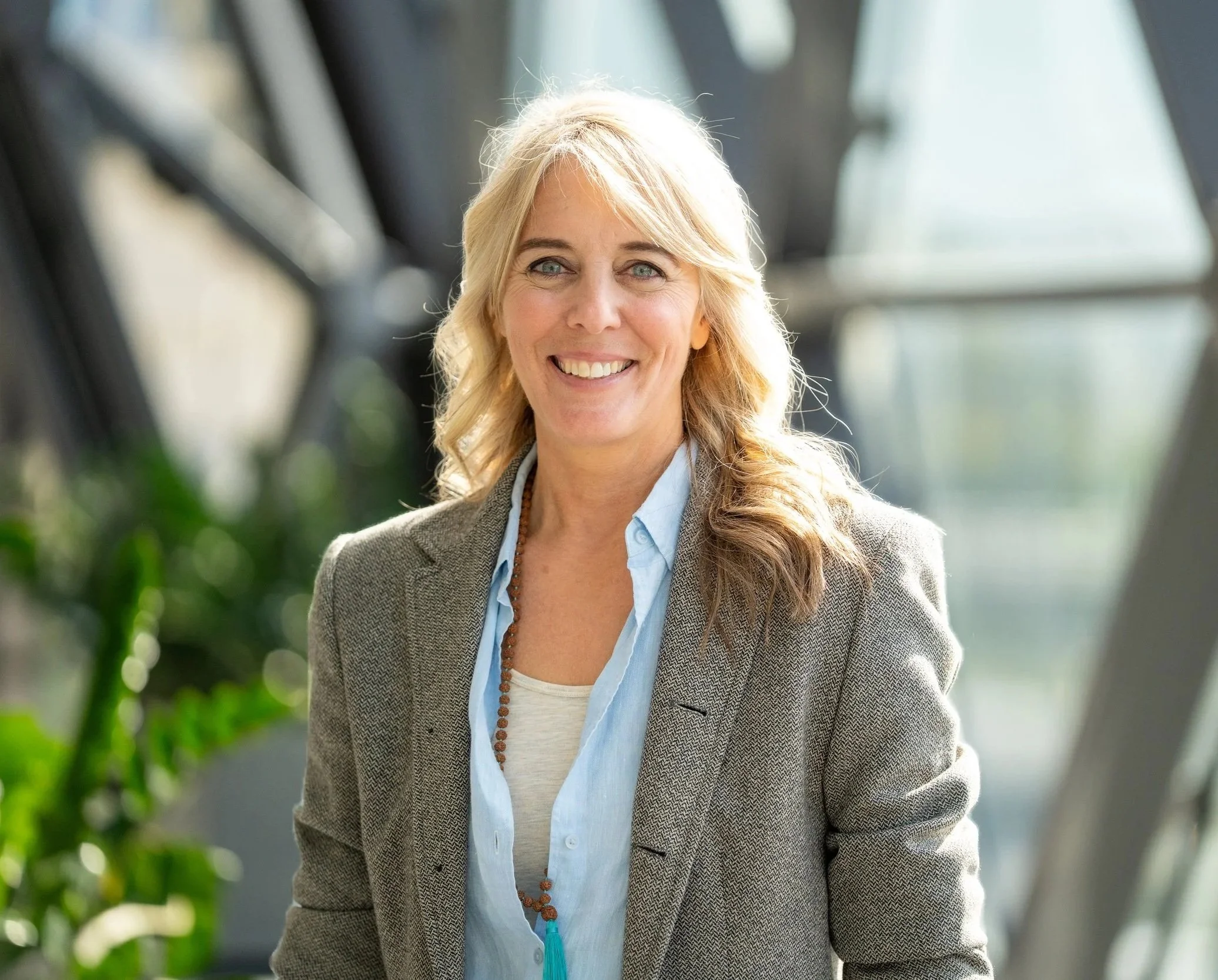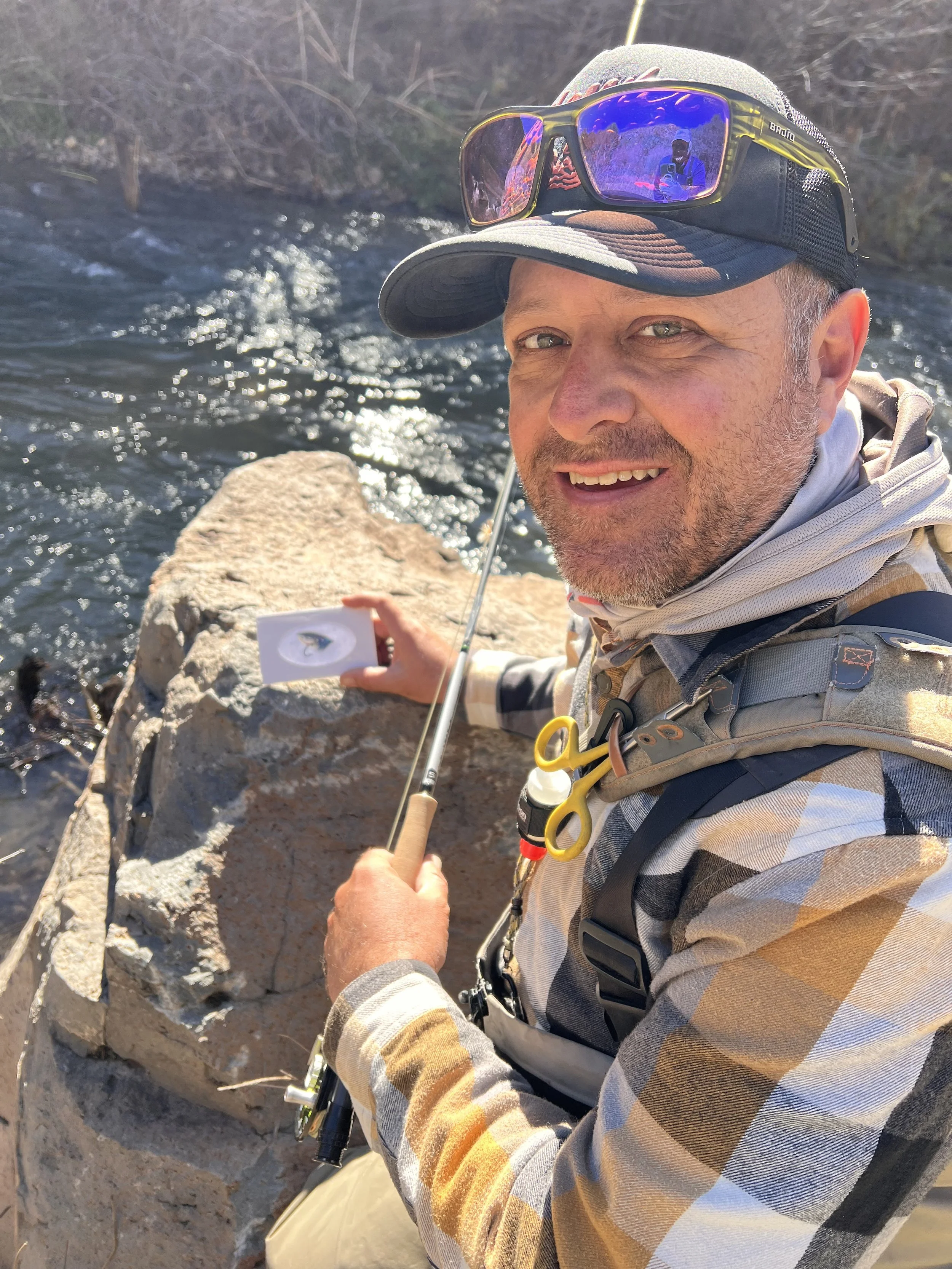Writer Heather Lende reflects on her craft, community, and the power of observation, exploring how place, relationships, and deep listening shape her writing—and why storytelling can be an act of service rather than mere self-expression.
Read MoreJeff and Adam Bronstein, the Oregon Director of the Western Watershed Project, dive deep into a conversation about public lands, livestock grazing, environmental activism, and why rethinking land management—and resisting extractive pressures—are essential to restoring ecosystems held in common.
Read MoreA conversation with April Obersteller, co-founder and CEO of And, a consulting organization that stresses the business focus on external and internal customer experiences to drive organizational success. Long-term success requires rejecting either-or thinking and investing deeply in people alongside performance.
Read MoreJeff and Hal Herring, an award-winning journalist, engage in a wide-ranging conversation on threats to public lands, the history behind privatization efforts, and why citizen engagement remains essential to protecting America’s shared natural heritage.
Read MoreJeff Ikler reflects on year-end book lists, reading as curiosity, connection, and resistance, and why thoughtful, attentive reading—especially by podcast hosts—deepens conversations, honors authors, and nourishes both mind and spirit.
Read MoreWhy are school children more anxious, aggressive, and shut down than ever before? We first heard answers from educators Tamara Neufeld Strijack and Hannah Beach in April 2020. Hannah Beach takes us into the present in this update episode.
Read MoreThis episode reflects on the Apollo 8 mission's iconic "Earthrise" image in late December 1968 and the turbulent year that preceded it. It highlights the enduring challenges of inequality, collective problem-solving, and environmental stewardship we still face today.
Read MoreAs we approach the end of the year, I want to thank you, my listeners. Your interest and support allow me to continue this show. This episode recaps 2025 in three parts:
Part One: The three episodes you listened to the most.
Part Two: All the episodes were important, but one was particularly special to me.
Part Three: The three episodes that aired before 1/1/25, you listened to the most.
A young artist’s business sparks a full youth-entrepreneurship program teaching kids financial literacy, problem-solving, leadership, and adaptability—while challenging assumptions about what children can create when adults let them “do it now.” Executive Director of The Society of Child Entrepreneurs, Leah Ellis, and Assistant Board Director, Melody Ellis, give us the details.
Read MoreJon Gluck reflects on living with incurable cancer, the strain it places on relationships, the challenge of uncertainty, and the healing power of fly fishing, offering wisdom on resilience, empathy, and intentional living.
Read MoreHunter Seim discusses three decades of managing public lands for the Bureau of Land Management, balancing wilderness preservation with resource extraction, livestock grazing with wildlife protection, and navigating conflicts that inevitably leave one interest group disappointed.
Read MoreFly-fishing guide Spencer Seim reflects on nature, adaptability, and stewardship, revealing how rivers teach quiet lessons about humility, curiosity, and connection—to self, others, and the living world.
Read MoreDr. Karen Sobel-Lojeski cautions that technology and AI deepen “virtual distance,” the measurable sense of separation people feel despite being physically close, a phenomenon driven by technology-mediated communication. Virtual distance has the strong potential to erode human connection; therefore, she urges educators to prioritize relational, emotional, and social learning as the core of education.
Read MoreJodi Scott shares Green Goo’s story—its plant-based mission, family foundation, near collapse, and rebirth—revealing how true resilience means slowing down, staying present, and leading with purpose and compassion.
Read MoreDennis and Ali Pitocco recount how walking the 500-mile Camino de Santiago became a transformative act of reflection, silence, and reconnection—revealing what truly matters: simplicity, authenticity, relationships, and wonder.
Read MoreChristopher Schaberg PhD. discusses embracing confusion and mystery as elements of uncertainty, valuing the small and overlooked, and making academic work publicly meaningful—connecting fly fishing, airports, and writing as practices of attention and wonder.
Read MoreIn this episode, educational researcher and leadership development consultant Lyle Kirtman argues that educational leaders must first agree on and clearly define what results and student success look like (the "North Star"), moving beyond a narrow focus on standardized test scores to include the essential skills and competencies needed for life and the workforce. Without this clarity, efforts will remain fragmented and fail to address the current crisis in education.
Read MoreBrew Moscarello, founder of Trico Unlimited, a Vermont-based fly fishing guiding and instruction service, shares how his fly fishing practice blends teaching, conservation, and presence—helping clients connect with nature, learn patience, and find meaning beyond simply catching fish.
Read MoreFormer high school principal Sam Sochet shares lessons from turning around a struggling school, emphasizing the importance of community, teacher empowerment, and preparing students for adaptable futures—while reflecting on the evolving purpose of education and his new role in public service.
Read MoreJeff and Rebecca Winthrop, a leading global authority on education, explore how schools’ outdated designs hinder student agency and engagement. They unpack the four “disengagement modes,” highlight practices that foster curiosity and autonomy, and stress the role of families, teachers, and systemic reform in helping students become lifelong, self-directed learners.
Read More
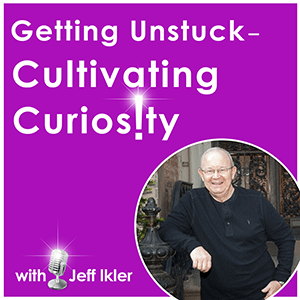 Curiosity sits at the intersection of creativity, effective human interactions, problem-solving and purposeful change. Unfortunately, the pace of life — at home, work, and school — often sidetracks our natural curiosity. So, listen as we look at the familiar from a different angle or something new as a possibility to consider.
Curiosity sits at the intersection of creativity, effective human interactions, problem-solving and purposeful change. Unfortunately, the pace of life — at home, work, and school — often sidetracks our natural curiosity. So, listen as we look at the familiar from a different angle or something new as a possibility to consider.
